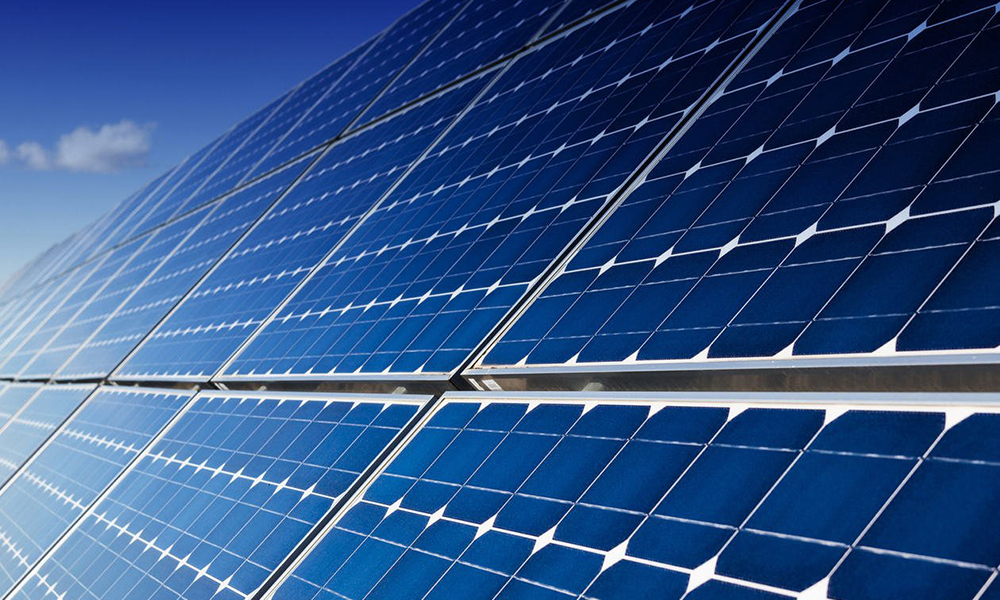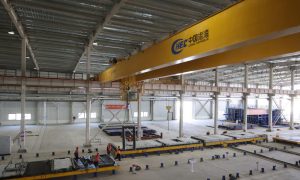AMEA Power achieves financial close on US $86mn solar PV project in Tunisia
The government of Tunisia said that it aims to increase the share of renewable energy in its energy mix to 35% by 2030

AMEA Power has announced the financial close of its US $86mn, 120MW solar PV project in Tunisia.
The solar plant is being implemented by Kairouan Solar Plant, a project company registered in Tunisia and fully owned by AMEA Power, and will be located in Metbassta, Kairouan governorate. The project is being financed by IFC, a member of the World Bank Group, and the African Development Bank (AfDB). Once the project is commissioned, it will be AMEA Power’s first operational asset in the country.
The project was awarded to AMEA Power in December 2019 following an international tender program launched by the Ministry of Industry and SMEs in Tunisia. The Concession Agreement and the Power Purchase Agreement were signed in June 2021 and ratified by the government of Tunisia in May 2022.
“The Government is expressing its firm commitment to successfully develop the 120MW Kairouan PV Solar project, which represents a significant step forward in the country’s energy transition,” said Tunisia’s Head of Government, Ahmed Hachani.

This is the first solar project to reach financial close under the concession regime in Tunisia. The concession regime covers projects over 10MW for solar PV, awarded through a competitive bidding process. The solar project is being built under a Build-Own-Operate (BOO) model and will generate 222GWh of clean energy per year, enough to power more than 43,000 households. The solar plant is expected to be commissioned by mid-2025 and will avoid 117,000 tonnes of CO2 over the course of its life, the statement from AMEA Power noted.
As part of AMEA Power’s ‘Community Investment and Development Program’, it is working closely with the local community on planned initiatives aligned with the United Nations’ Sustainable Development Goals.
AMEA Power’s Chairman, Hussain Al Nowais said: “We are delighted to reach financial close on this 120MW solar power plant in Tunisia, our first project in the country. This is a significant milestone for AMEA Power and for Tunisia, as it represents the largest solar project fully developed in the country to date. Despite all the challenges that the market has been experiencing since the COVID pandemic, we are proud that we are delivering this project and honoring our commitment to supporting Tunisia’s transition to clean energy. We are grateful for the strong support of our lenders and the Tunisian government in making this project a reality.”
The government of Tunisia said that it aims to increase the share of renewable energy in its energy mix to 35% by 2030. This is a significant commitment in a country that is highly dependent on fossil fuel-based energy, mostly through imports. The Kairouan project directly supports the reduction of Tunisia’s energy dependence and improves the trade deficit of the country.

“This ambitious, renewable energy project will not only bring more affordable, clean energy to the people of Tunisia, but it will help Tunisia achieve its energy goals and attract more private investments into future green projects. Through the project, we’re proud to build on our partnership with AMEA Power to expand their operations across North Africa, helping address the effects of climate change in the region,” remarked Sérgio Pimenta, IFC’s Vice President for Africa.
Dr Kevin Kariuki, Vice President of Power, Energy, Climate, and Green Growth at the African Development Bank concluded, “We are delighted to reach this milestone, the signing of project agreements, making the first disbursement, and therefore commencement of construction of Tunisia’s first solar Independent Power Producer (IPP) project imminent. This accomplishment is testament to AfDB’s dedication to promoting sustainable energy solutions in Africa. Moreover, the successful collaboration between the Government of Tunisia, AMEA Power, the African Development Bank, SEFA, and the IFC speaks volumes about our collective commitment to helping Tunisia reach its 35% clean energy target by 2030.”

























